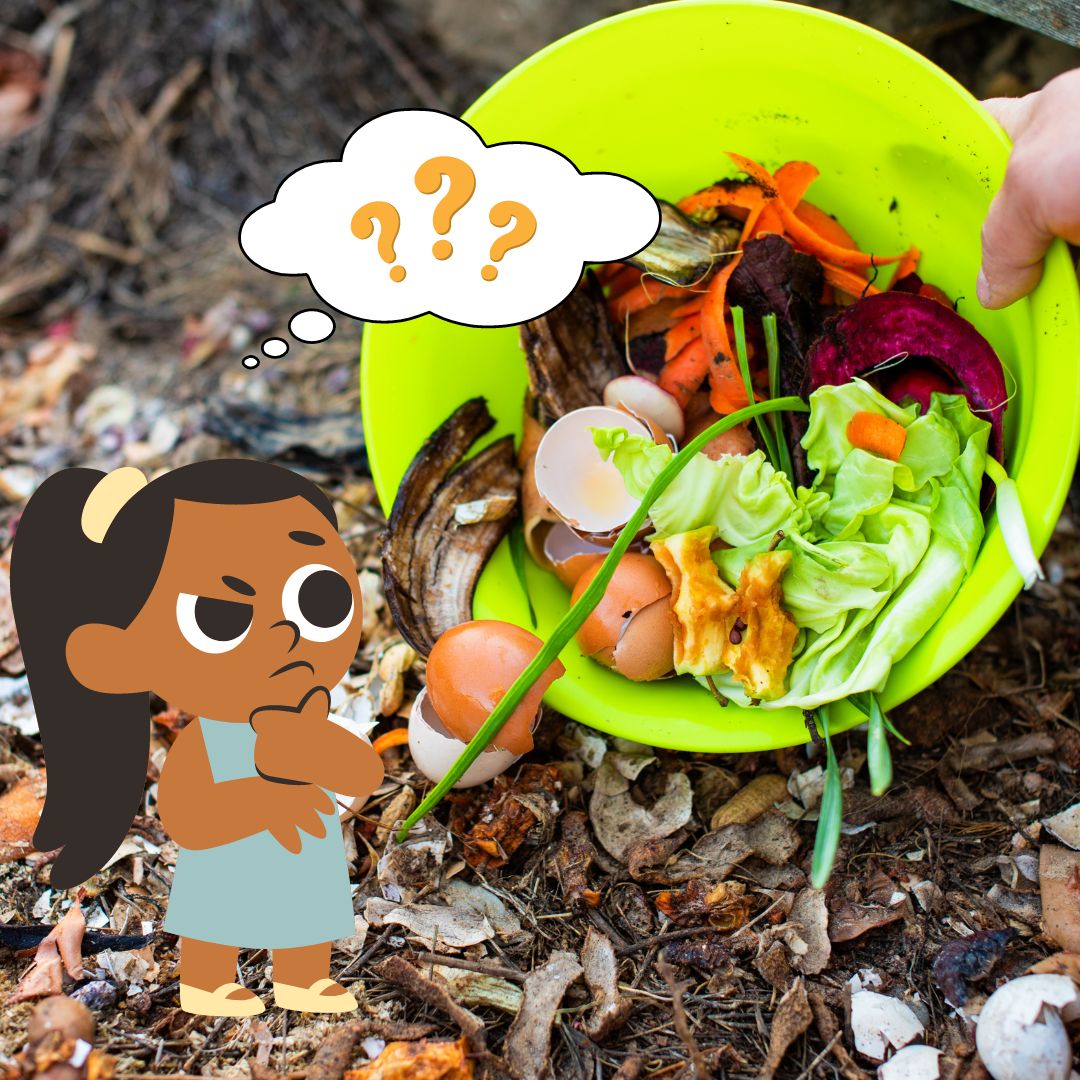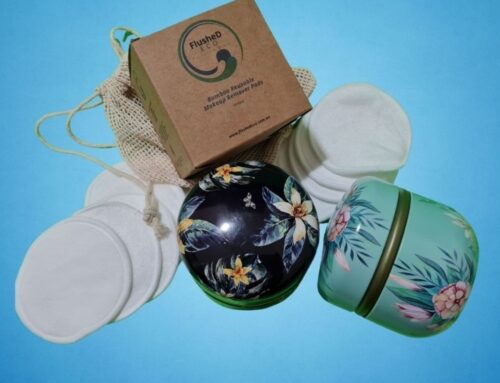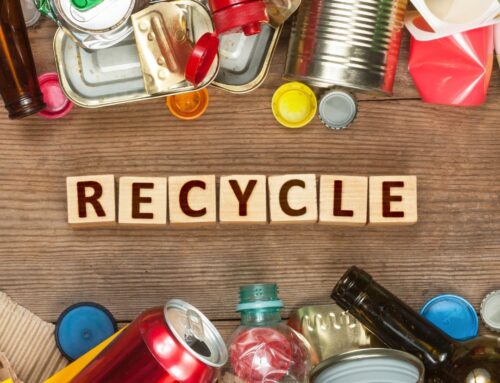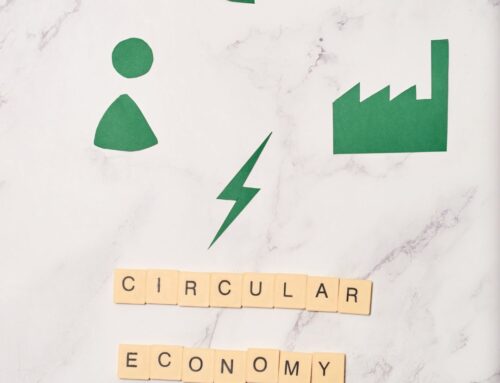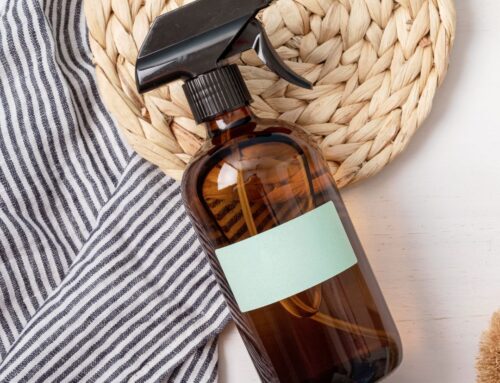A beginner’s guide to understanding what can and cannot be composted.
Composting is a great way to reduce waste and create nutrient-rich soil for your garden. However, not all materials are suitable for composting. It’s important to know what can and cannot be composted to ensure that your compost pile stays healthy and productive. In this guide, we’ll take a closer look at what materials are suitable for composting and which ones should be avoided.
Introduction to Composting
Composting is the process of breaking down organic materials into a nutrient-rich soil amendment. The end product, known as compost, is a valuable addition to any garden or landscape. Composting is an easy way to reduce waste and benefit the environment.
What to Compost
- Fruit and vegetable scraps
- Coffee grounds and tea bags
- Grass clippings and leaves
- Eggshells
- Paper and cardboard
- Wood chips and sawdust
- Plant-based food scraps
- Hay and straw
What Not to Compost
- Meat, fish, and bones
- Dairy products
- Fats, oils, and grease
- Pet waste
- Diseased plants
- Weeds with mature seeds
- Charcoal ash
- Synthetic materials
Tips for Successful Composting
- Proper layering
- Proper layering is essential to ensure that your compost pile breaks down efficiently.
- You should alternate between layers of brown materials, such as dried leaves and twigs, and green materials, such as vegetable scraps and grass clippings.
- This helps to maintain a balance of carbon and nitrogen in the pile, which is necessary for the composting process to occur.
- Maintaining moisture levels
- Moisture is necessary for the decomposition process to occur in your compost pile.
- If the pile is too dry, the materials won’t break down properly, and if it’s too wet, it can become anaerobic and start to smell bad.
- You should aim to keep your compost pile moist, but not saturated, and turn the materials regularly to ensure they’re evenly distributed.
- Aeration
- Aeration is crucial for the composting process, as it allows oxygen to flow through the pile, promoting the growth of aerobic bacteria, which break down the organic materials.
- Turning the pile regularly is an effective way to aerate it and prevent the materials from becoming compacted.
- Temperature control
- Temperature plays an important role in the composting process, as it affects the rate at which the materials break down.
- The ideal temperature for composting is between 49-71°C, as this temperature range encourages the growth of bacteria that break down organic matter.
- You can monitor the temperature of your compost pile using a compost thermometer.
- Adding composting worms
- Composting worms, such as red wigglers, can be added to your compost pile to help break down the materials more quickly.
- These worms feed on the organic matter and produce castings, which are rich in nutrients and make an excellent fertilizer for your garden.
- Adding composting worms can also improve the aeration of the pile by creating channels as they move through the materials.
Conclusion
Composting is an easy and effective way to reduce waste and create a valuable resource for your garden. By following this comprehensive guide, you can ensure that your compost pile stays healthy and productive. Remember to only compost suitable materials and to follow the tips for successful composting.
Check out our store for composting kits to get you started.
